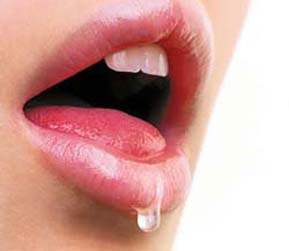Saliva to help diagnose age-related problems in women
 Washington, Nov 19 - The protein profile of a woman's saliva, which changes with age, potentially opens the way to diagnose age-related conditions, non invasively and in advance, says a new study.
Washington, Nov 19 - The protein profile of a woman's saliva, which changes with age, potentially opens the way to diagnose age-related conditions, non invasively and in advance, says a new study.
These diseases include lupus, Sjogrens syndrome (associated with dry mouth and dry eye), and other immune-related disorders that affect millions of women worldwide, often at higher rates than men.
John Yates, chemical physiologist at the Scripps Research Institute, who led the study and colleagues note that human saliva contains many different proteins involved in digestion, disease fighting, and other functions.
Scientists are seeking ways to use the proteins as molecular "fingerprints" to develop quick diagnostic tests that provide an alternative to the needle sticks needed for blood tests.
The scientists analysed saliva proteins in healthy women aged 20-30 and 55-65 years. They identified 293 proteins that differed between the two age groups.
Most were involved in the immune system's defences against infection. Older women had almost twice as many immune-related proteins than younger women, says a release of the American Chemical Society (ACS).
The results suggest that "it is critical to take into consideration these normal differences in protein expression when searching for clinically relevant, disease specific biomarkers", the study notes.
The report appeared in ACS' Journal of Proteome Research. (IANS)